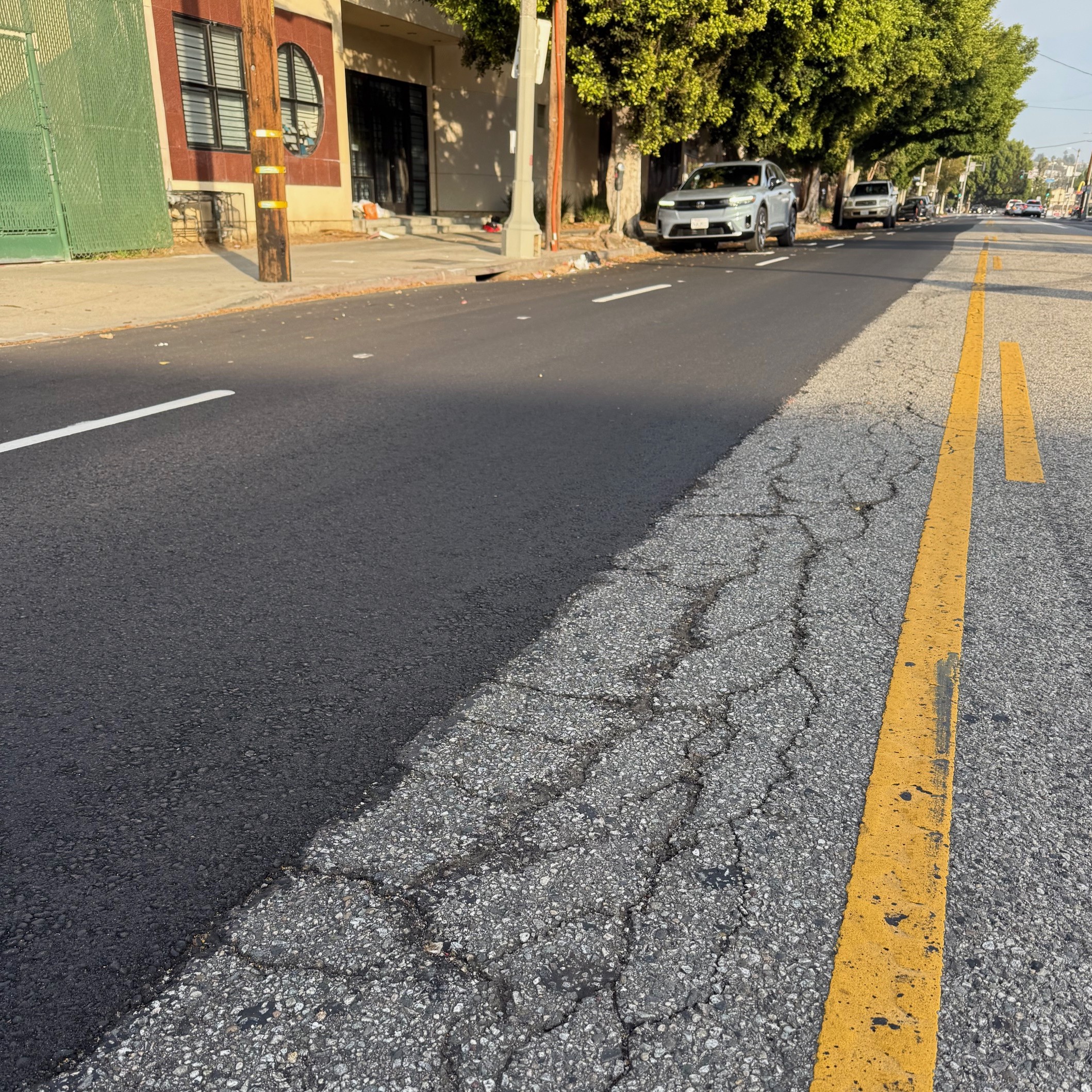
When Chicago Mayor Richard Daley announced that he was striking a deal to privatize his city's 36,000 parking meters, it was a golden opportunity for transportation reform. If all went well, the deal could have cleared a political path for higher peak-hour meter rates, curbing double-parking and congestion-causing cruising.
But Chicago managed to completely bungle that opportunity, inking a contract that gave away billions of dollars in revenue to Morgan Stanley. That agreement, which was worked out behind closed doors and then rushed through the approval process, earned the city an up front payment of $1.15 billion while Morgan Stanley will earn ten times that amount, according to Bloomberg News. The city of Chicago could have earned nearly a billion more dollars up front had it just raised meter rates itself and bonded out the revenue, according to Chicago's inspector general.
The details of the contract have also come back to haunt Chicago. The city can't leave the contract for 75 years, and as the Urbanophile's Aaron Renn has noted, that means any attempt by the city to re-purpose curb space for public use, bus or bike lanes, can't proceed without Morgan Stanley's permission.
Chicago's bum deal seems to be leading many U.S. cities to revisit or even cancel their plans to privatize parking. Bloomberg News reports:
Chicago’s agreement for a Morgan Stanley partnership to run its parking meters for 75 years, expected to cost drivers $11.6 billion, has Indianapolis, Pittsburgh and Los Angeles rethinking their own deals.
Indianapolis, whose city council plans to vote tonight on a proposal with Xerox Co.’s Affiliated Computer Services, would rather take less money up front in favor of more total fees in its 50-year transaction. It also wants something Chicago didn’t get: exit clauses that let the city end the lease.
Those three cities are each looking to learn from Chicago in different ways. Indianapolis, as noted above, is leaving itself room to escape the contract and forgoing a big one-time payoff in favor of spreading out the revenue it will receive. Los Angeles, which is privatizing off-street lots, is rejecting a provision that would relinquish city control over rate hikes.
In Pittsburgh, the City Council has reacted even more strongly. They voted down a plan to lease their meters to JPMorgan, though Mayor Luke Ravenstahl is still pushing the plan, according to Bloomberg.
New Yorkers should keep a close eye on parking privatization plans in all of these cities. Public-private partnerships of this sort are gaining in popularity nationwide, and perhaps no figure in the country is more closely associated with the idea than our new deputy mayor, Stephen Goldsmith, who made his name by privatizing many of Indianapolis's services when he served as mayor there.
Renn distinguishes Goldsmith's deals from Chicago-style meter privatization by noting that he farmed out public services through competitive bids that regularly came up for renewal -- a far cry from Chicago's 75-year, one-shot "jackpot." However, unlike civic leaders in Indy, Pittsburgh and L.A., Goldsmith has remained a believer in Chicago's privatization.
In an article for Governing magazine this January, Goldsmith argued that the fundamentals of the Chicago deal were sound, even if a few details could have been worked out more smoothly. One red flag: The first "mistake" Goldsmith highlighted was a parking rate hike that Chicago enacted around the same time as the privatization. That may suggest that Goldsmith underestimates the potential of these parking deals for transportation reform while overstating their fiscal prudence.





